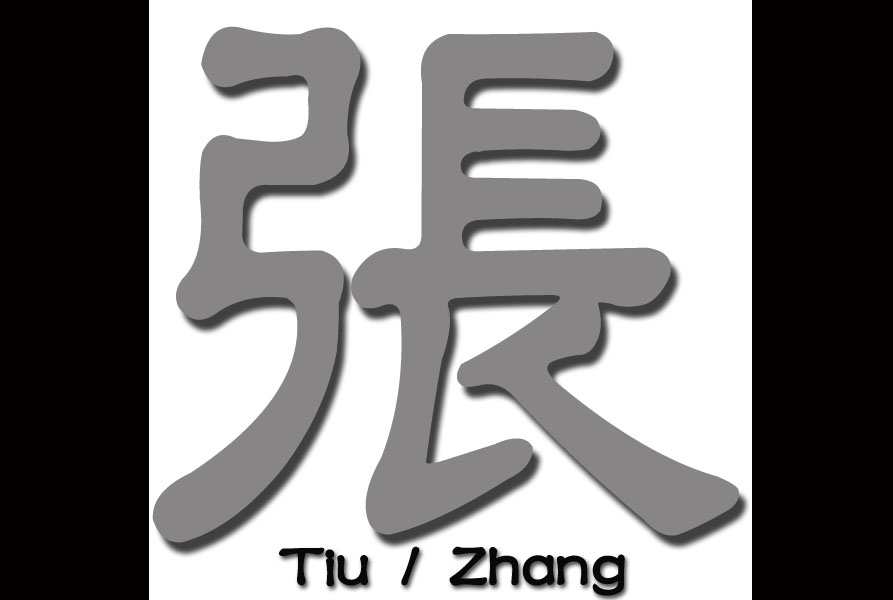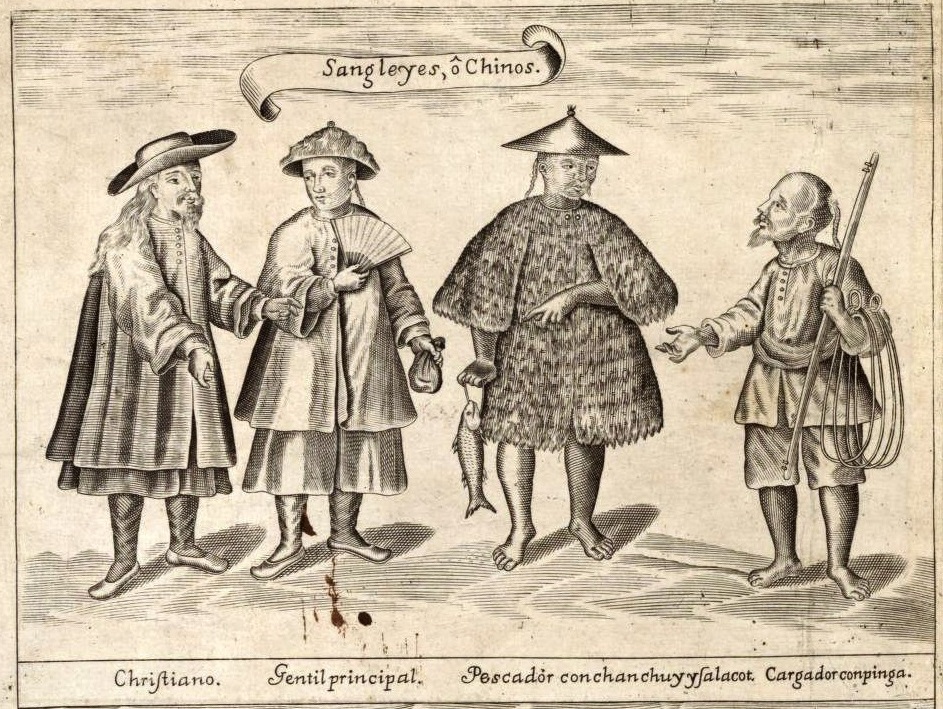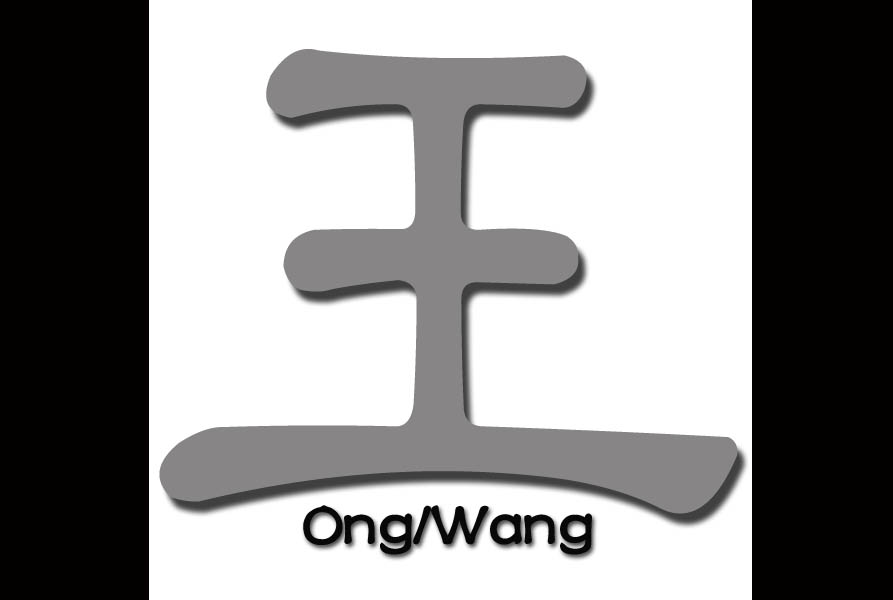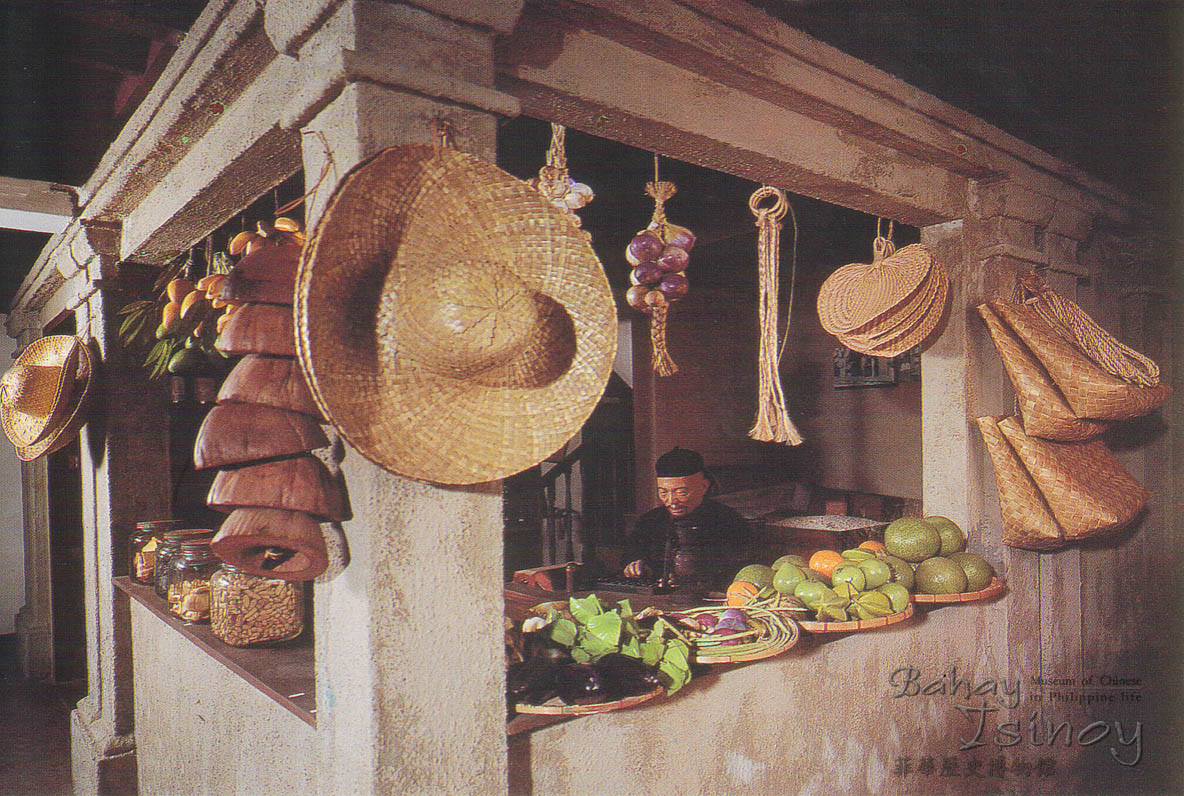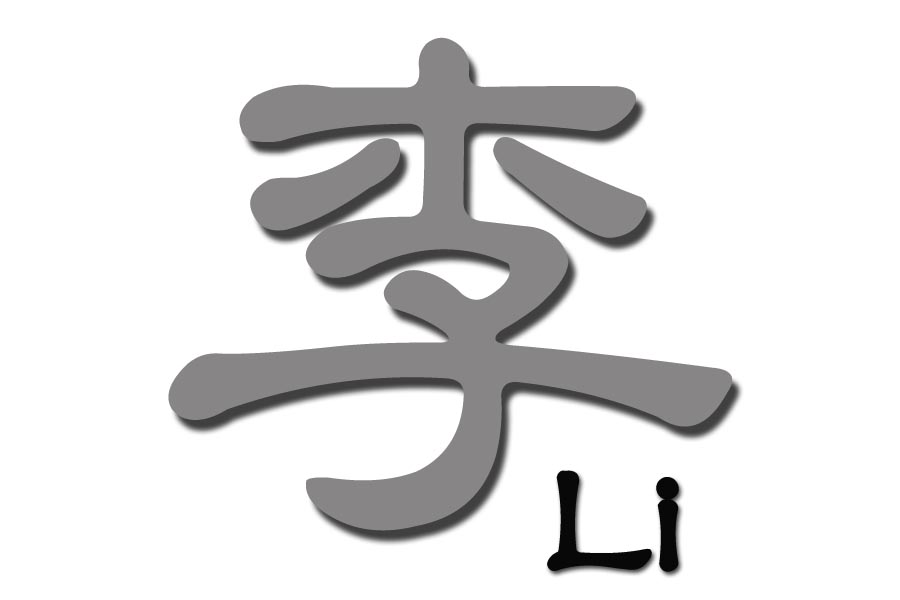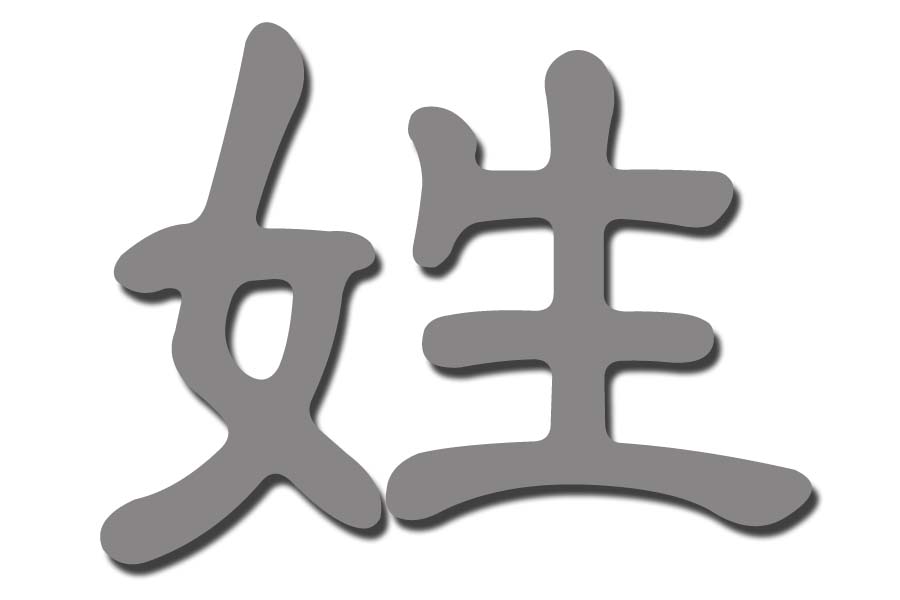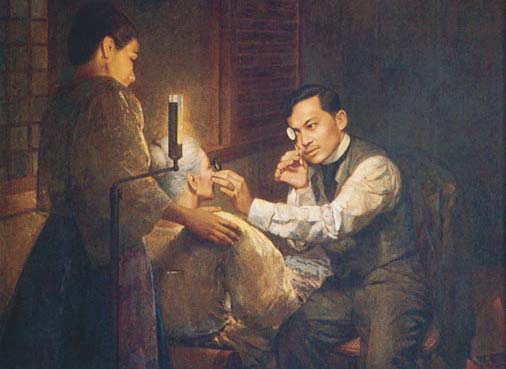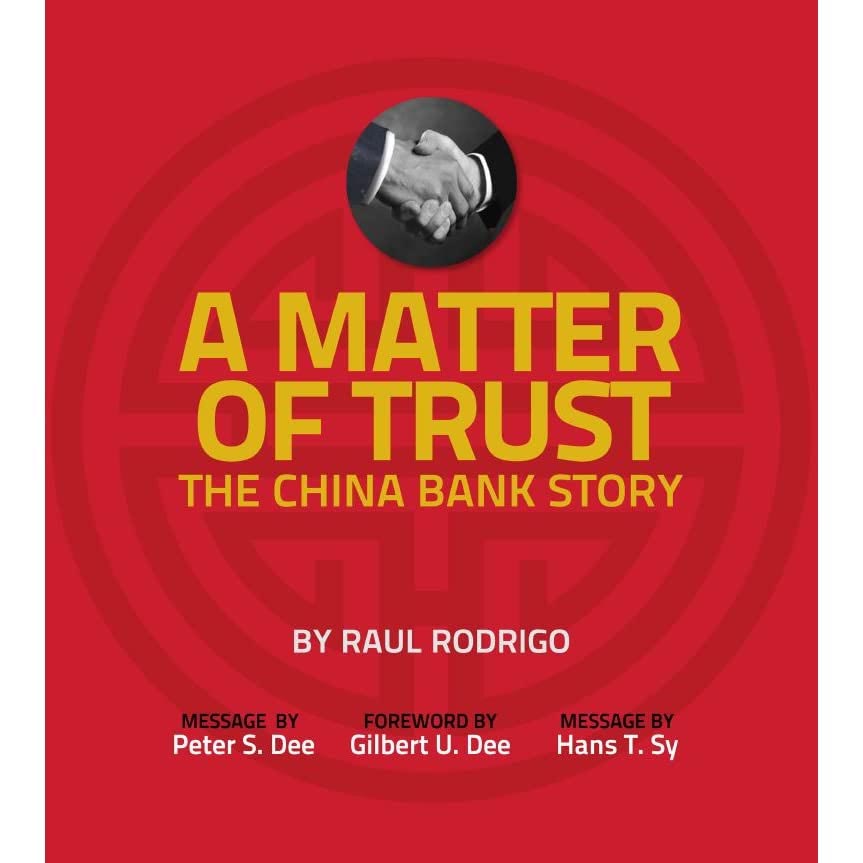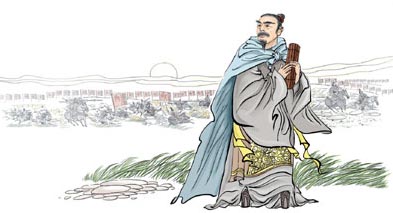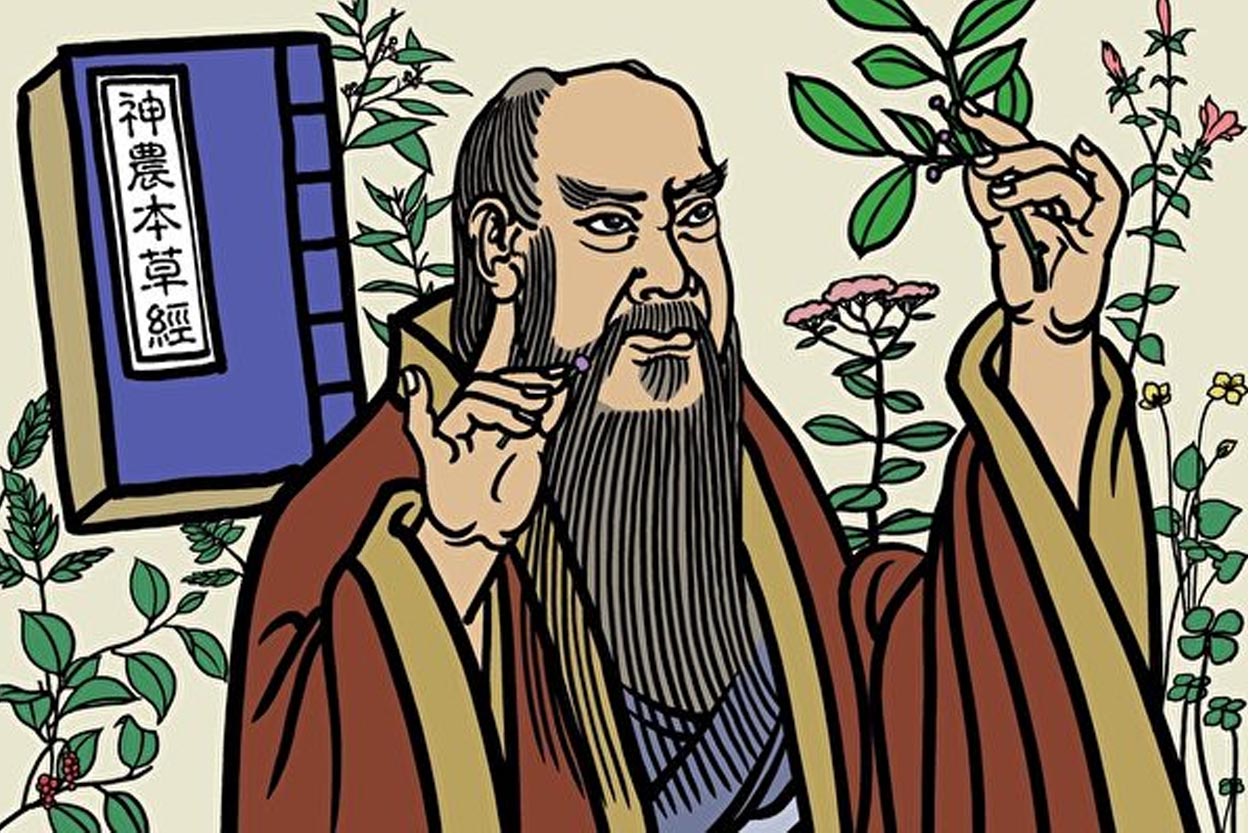More than 90 million Chinese carry the surname 張 (Tiu in Hokkien, Zhang in Mandarin). Together, they represent the third largest group in China with the same family name. The name carries with it more than 5,000 years of history, with intimate ties to both royalty and warfare. Its origin has to do with the […]
張 (Tiu/Zhang) in the Philippines
